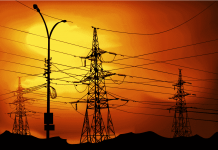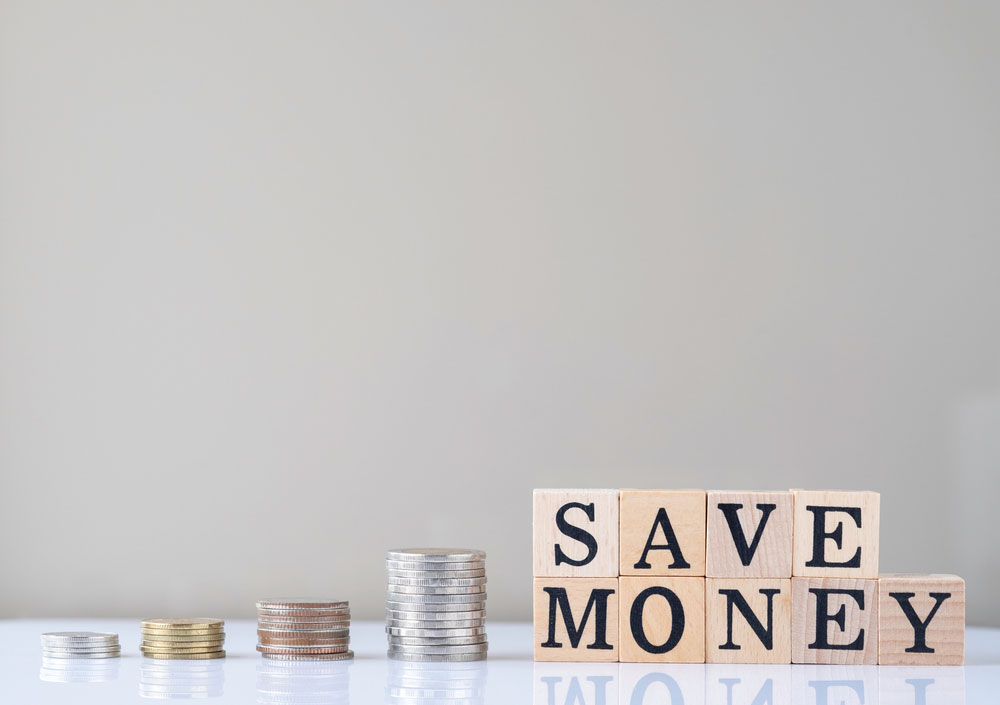Choosing the right savings account can be daunting, considering that there are so many banks and financial institutions offering some kind of savings account or the other. Different banks use so many catchy names with incredible sounding benefits to entice you into choosing their accounts but in the midst of all that confusion, allow me to offer you some level of clarity so that you can ask the right questions prior to choosing the basket to place your eggs in.
It is important to state here that it would be in your interest not to use a savings account like a current account, by that I mean, making too many withdrawals in month, instead use your savings account to actually save money. One of the points we’ll be discussing is the interest rates that banks offer on savings accounts which you may forfeit if you go above a certain number of withdrawals in a month. Savings accounts have some limitations on how often you can withdraw funds, but generally offer exceptional flexibility that is ideal for building an emergency fund.
Before we delve into that, let’s discuss what savings accounts are. According to Investopedia, a savings account is an interest-bearing deposit account held at a bank or other financial institution. Though these accounts typically pay a modest interest rate, their safety and reliability make them a great option for storing cash you want available for short-term needs. If you need to save for emergencies, short-term goals like rent, or simply want to save excess cash you don’t need, a savings account is ideal so it can earn more interest.
How to Choose a Savings Account
Here are a few points to consider before opening a savings account:
1. Savings level: Different financial institutions have different kinds of savings accounts for customers with different net worth. This is reflected in the minimum opening balance for the account, the interest rates and the incentives for saving. Choose the savings account that best matches your current funds.
2. Interest rates: Often times, the interest rates offered on a savings account will only be met if you meet certain requirements, in addition look out for banks that offer ridiculously low interest rates. Even though savings accounts aren’t meant to significantly build up your savings but are a safe place to store money short term, 0.01% is too low a rate to even consider, look out for 2% interest rates and above.
3. Banking fees: Check if the account has a monthly maintenance fee and/or a card maintenance fee. Almost all savings accounts have some kind of fee attached to it, knowing the exact fee can help you determine what you can bear prior to opening the account.
4. Accessibility: How accessible is the physical location of the bank or its automatic teller machines (ATMs) to your home in the event that you have to urgently access your savings? An easily accessible and widely available bank in your area would be a great plus.
5. Tech advancements: Choosing a savings account with a bank which has made significant efforts to be available to you on any platform is a key metric in choosing a savings account; from an easy-to-use USSD code, to a properly functional mobile app, readily available chat bots on social messenger platforms like Facebook and WhatsApp and a user-friendly online banking
6. Ease of withdrawal: Whichever savings account you choose shouldn’t have obstacles to letting you access your money. Some banks offer savings accounts that don’t let you transfer your money except to another account within the same bank, others have severely restrictive daily amounts which you are allowed to withdraw, so make sure to ask before applying to open the account.
7. Minimum operating balance: Some banks require that you open your account with between 1,000 to 5,000 naira depending on the type of savings account while others can wave this fee. This would mean that at no point can you have less than what was required for the account opening otherwise the account would be closed by the bank.
Read Also: 5 Reasons Your Teen Needs a Savings Account





























